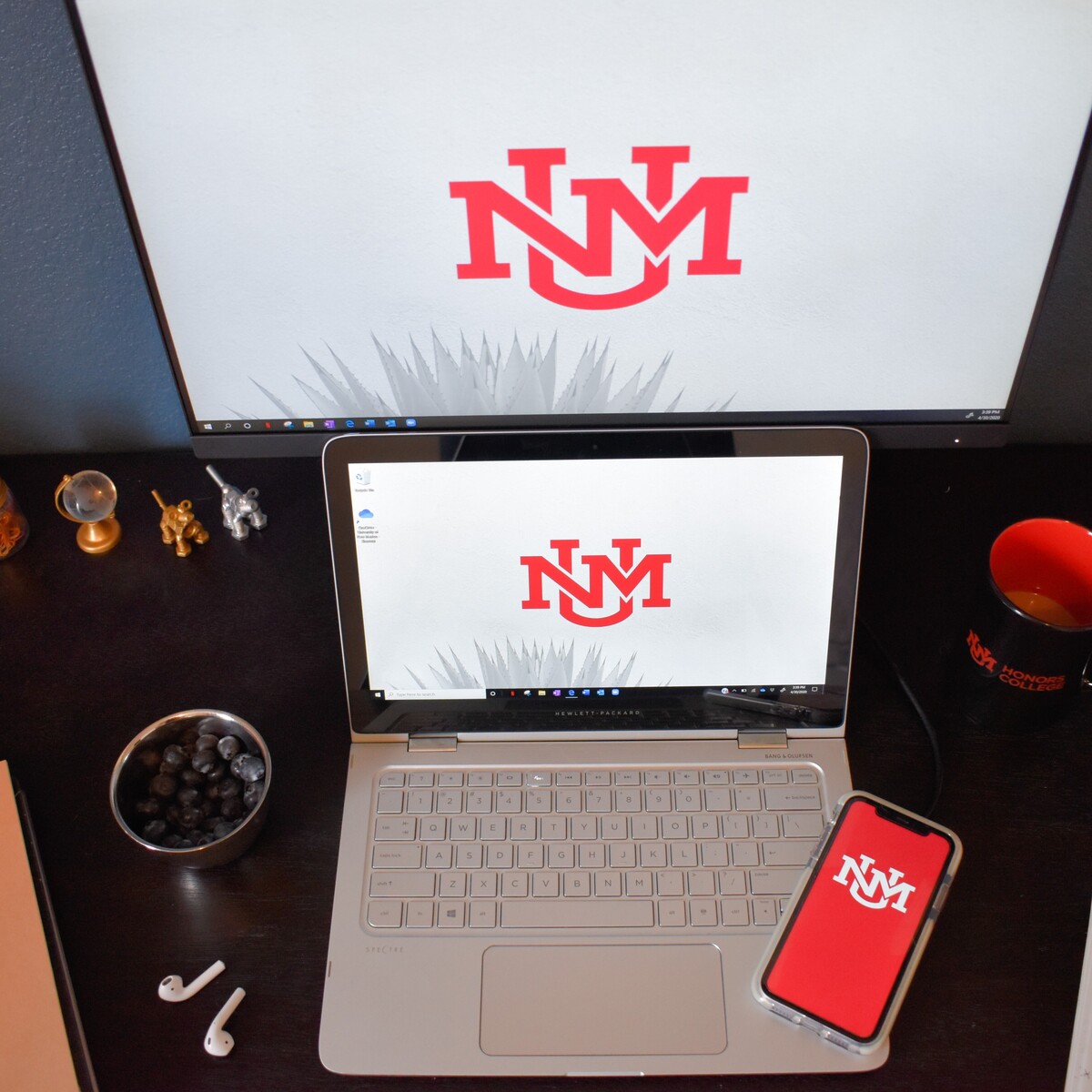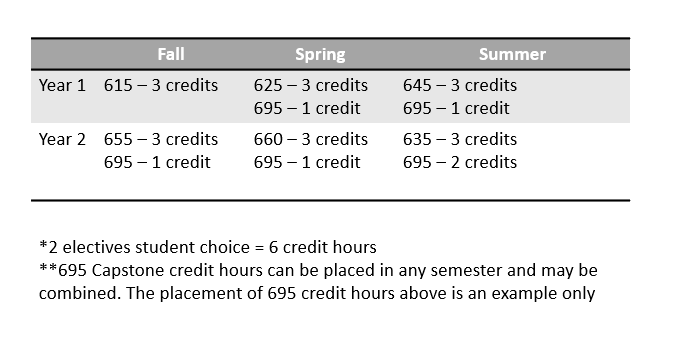The Division of Occupational Therapy asserts that New Mexico deserves occupational therapists that are prepared at the highest level. The post-professional Occupational Therapy Doctorate (ppOTD) program will prepare occupational therapists to become clinical leaders and academic educators.
The ppOTD curriculum is designed for occupational therapists who desire a post professional advanced practice degree. The core courses are consistent with the goals of educating occupational therapists to be innovators in practice; evidence-based clinical decision makers; and leaders in practice, education, and public policy. The electives and capstone project afford students the opportunity to pursue specialty areas of interest, expand services, and develop new programs.
The goals of the ppOTD program are to prepare occupational therapists to assume leadership roles as:
innovators in traditional and emerging areas of occupational therapy practice to better meet the health care needs of all of the people of New Mexico;
educators who can effectively train the next generation of therapists;
scholars who can create and synthesize evidence to develop best practice; and
business, education, and policy leaders who help create systems that effectively serve the health needs of individuals and communities.
The online program is designed for working occupational therapists. Students can enter the program with a bachelor’s or master’s degree in occupational therapy. The flexible programming offers students the opportunity to choose between full-time and part-time tracks. Two yearly in-person days in Albuquerque, NM allow students the opportunity to build a community with their cohort and engage with UNM faculty.
It is time to take your career to the next level. You have been on the front line of healthcare and now is your time to improve the system and make positive changes.
Contact us at ppOTD@salud.unm.edu to learn more about degree requirements and course listings.

You will be prepared. Emphasis on clinical leadership, research, and education.
Hybrid learning. Flexible online program for occupational therapy classes.
Interdisciplinary engagement. Self-select from interdisciplinary electives (online or in-person).
Small and connected cohorts. Annual in-person meetings afford opportunities to connect with others.
Bachelor and master-level educated occupational therapists welcome. Earn your post professional OTD whether you hold a BS, BA, or MOT.
The ppOTD program ranges from 30 credits for occupational therapists who enter the program with a master's degree to 39 credits (30 plus 9 prerequisite credits) for occupational therapists whos highest level of education is a bachelor's degree in occupational therapy.
All students in the ppOTD program must take 6 core courses (18 credits), 6 credits of electives, and complete 6 credits of a professional capstone project. For the 6 elective credits, and with approval from an academic advisor, you can design your own specialty track of courses offered in the Occupational Therapy Graduate Programs or from courses in other programs and colleges at UNM (e.g., hand therapy, pediatrics, geriatrics, community practice, public health, education, etc.). It is expected that the required capstone project will further support your specialty track.
Three additional prerequisite courses are required for students whose highest level of education in the bachelor's degree in occupational therapy. Students can apply while still enrolled in these courses if all of the courses will be completed by the fall semester start date of classes.
The ppOTD offers both full- and part-time study that can be completed while you work as an occupational therapist. Full-time study consists of enrolling in 9 credit hours/semester (6 credits summer) for 4 semesters. Part-time study consists of enrolling in 3-4 credit hours a semester for 12 semesters. Options exist for part-time students who desire to finish faster. The OTD courses are primarily taught by online delivery. Students will be required to come to campus in Albuquerque, NM for seminars once a year (2 days in the fall or spring semesters). In addition, the teaching practicum course and some electives may only be offered in the traditional face-to-face format. All courses will be offered at least every other year depending on program and student demand.

The professional capstone project provides students with scholarly opportunities to advance specialty knowledge, expand existing services, develop new programs, and/or receive mentorship in practice from expert practitioners. In many instantces, the capstone will be used to address the needs of underserved populations and/or communities in New Mexico. Students may engage in evidence-based practice/program development, program evaluation, systems change, and/or practice-based outcomes measurement. Students also must pass a Doctoral Comprehensive Examination which is the oral defense of the written paper for the professional capstone project.
Occupational Therapy (OCTH)
OCTH 615. Complex Reasoning in Practice (3 credits)
Addresses complex process of reasoning in practice to solve occupational problems that influence health and well-being. Case method explores the interplay of theory, evidence, context, and client perspective in defining problems and making practice decisions.
OCTH 625. Scholarship of Practice (3 credits)
This course introduces students to the professional literature surrounding outcome measures and the evidence supporting occupational therapy practice and education and the need for outcome studies.
OCTH 635. Advanced Advocacy and Leadership (3 credits)
Advanced occupational therapy practice includes being a change agent. Competencies include leadership skills and experience, knowledge and action abilities, advocate at multiple levels including public policy and high-level decision making and communication.
OCTH 645. Education in Occupational Therapy (3 credits)
This course introduces Occupational Therapy students to concepts of learning theory, applications to practice, assessments, educational ethics, curriculum development, and academic leadership within health professions.
OCTH 655. Teaching Practicum (3 credits)
This course builds on the knowledge and skills achieved in OCTH 645. Students will work closely with a faculty member or members to acquire practical teaching experiences either virtually, hybrid, and/or in person. This may include teaching parts of classes, facilitating problem-based learning, developing teaching materials and assignments, grading, and delivering continuing education courses.
OCTH 660. Applied Data Management and Research for Clinical Practice (3 credits)
This course presents critical concepts and practical methods to support planning, collection, storage, and dissemination of data to support marketing, evaluate service delivery and clinical research.
OCTH 695. Professional Capstone Project (6 credits)
The professional capstone project offers students the opportunity to use and apply their knowledge of occupational therapy to transform practice. Students will identify the opportunities, limitations, requirements and need of a particular practice environment.
NM Resident tuition per credit hour (including fees and differential): $501.66
Non-Resident tuition per credit hour (including fees and differential): $1,255.21
*Estimates based on 2023 data.
Physical Location
2500 Marble Avenue NE
Albuquerque, NM 87131
ppOTD Phone: (505)272-3324
Email: ppOTD@salud.unm.edu
Mailing Address
UNM School of Medicine
Occupational Therapy Graduate Programs
MSC09 5240
1 University of New Mexico
Albuquerque, NM 87131